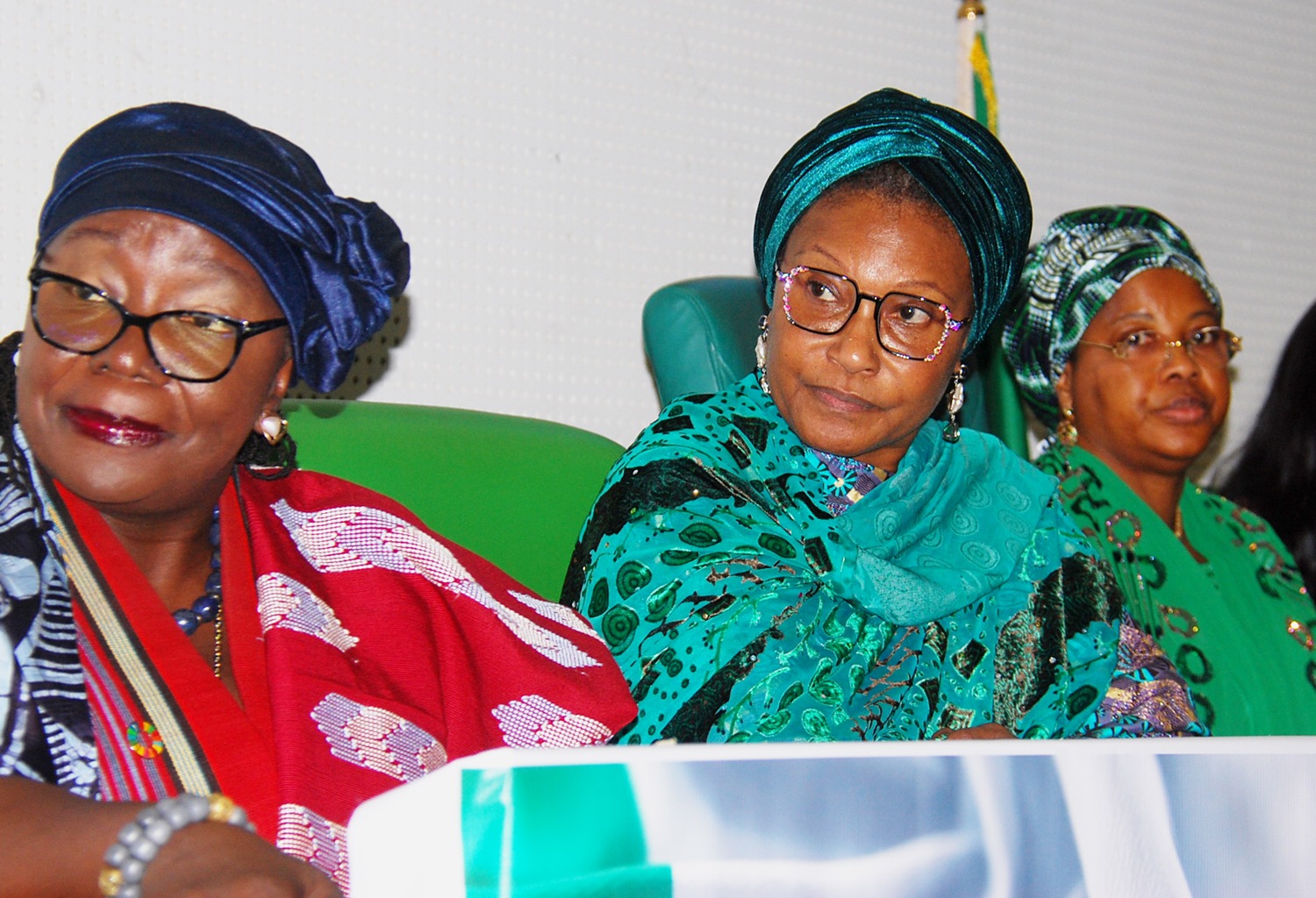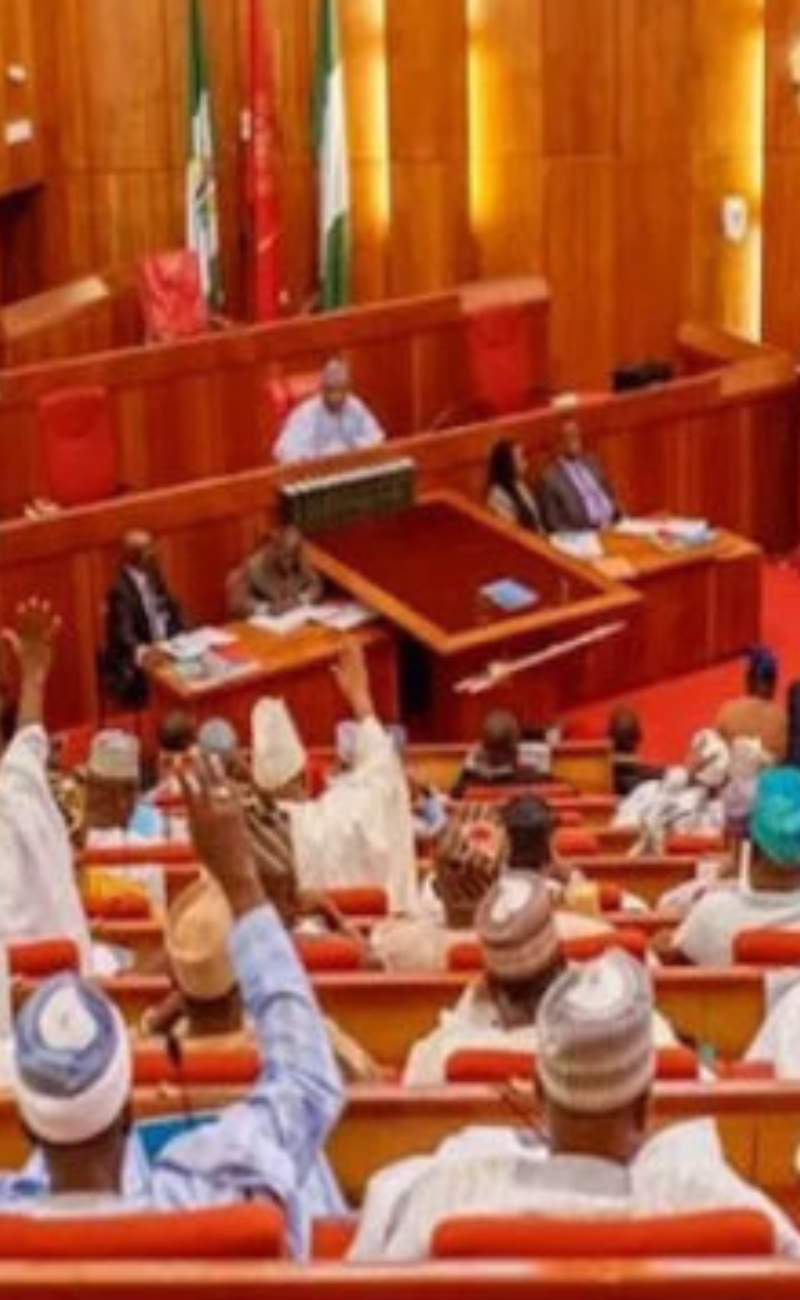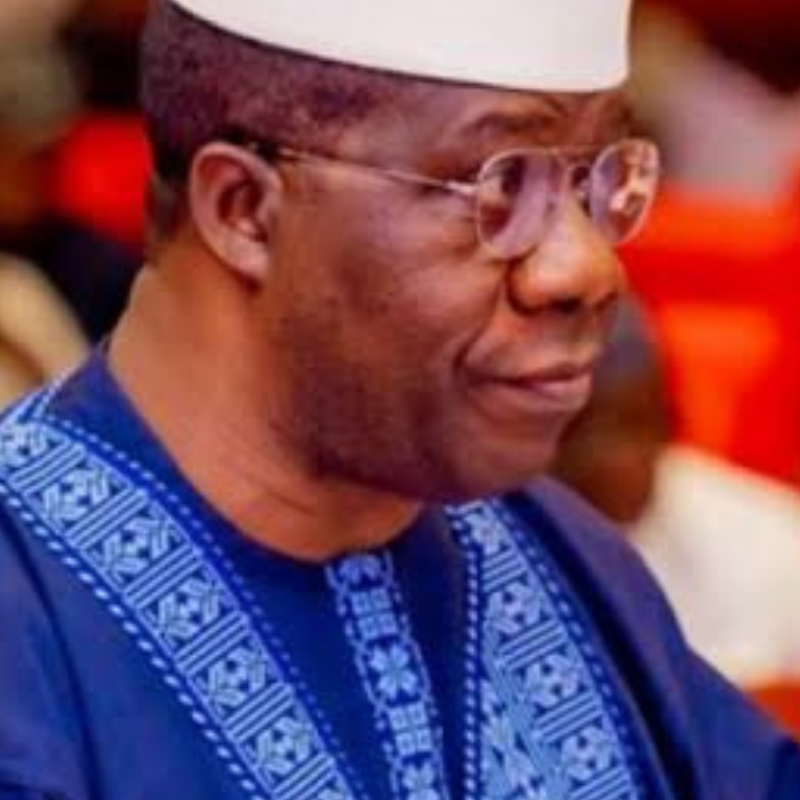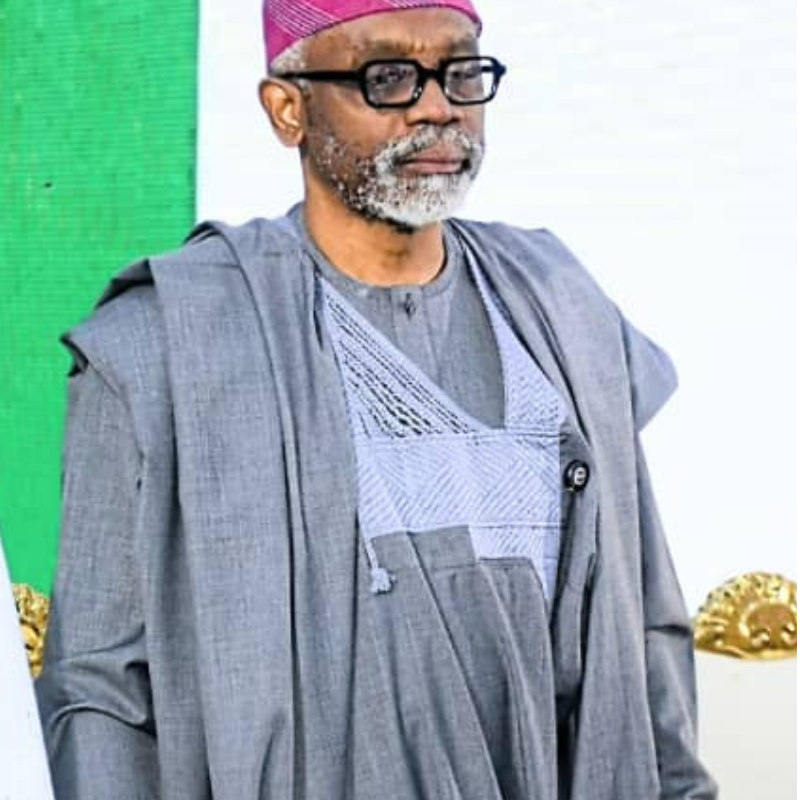Ogbara, Kingibe, UNDP representatives advocate for women reserved seats, saying time has come to dismantle the structural barriers that have sidelined women from political leadership

Lawmakers, development partners, and women’s rights advocates have intensified calls for the passage of the reserved seats for women bill, a legislative proposal seeking to create 182 additional seats exclusively for women in Nigeria’s legislature.
Chairperson of the House Committee on Women Affairs and Social Development, Rep. Kafilat Ogbara (APC–Lagos), led the charge during a press briefing at the National Assembly Complex on Tuesday, decrying the persistent underrepresentation of women in governance despite making up nearly half of Nigeria’s population.
“The time has come to dismantle the structural barriers that have sidelined women from political leadership,” Rep. Ogbara declared. “This bill is not just a legislative proposal; it’s a bold step towards building a more inclusive democracy.”
The proposed legislation seeks to reserve one additional seat for women from each of the 36 states and the FCT in both chambers of the National Assembly, while also earmarking three reserved seats per State House of Assembly.
Beyond boosting numbers, Rep. Ogbara emphasized that the bill aims to ensure the participation of women from diverse backgrounds — including young women, women with disabilities, and marginalized communities.
“It’s not merely about filling quotas; it’s about ensuring women’s voices shape policies that affect their lives,” she added, noting the bill aligns with Nigeria’s commitments under the Sustainable Development Goals (SDG 5) on gender equality.
Supporting the advocacy, Senator Ireti Kingibe (LP–FCT) urged women to mobilize collective action, including strategic partnerships with male allies, to secure the bill’s passage. “When women unite behind a cause, results follow,” she said. “This is about unlocking Nigeria’s full potential for sustainable development.”
Kingibe further lamented Nigeria’s poor standing in international legislative platforms, where the country’s abysmally low female representation—currently less than 5 percent—diminishes its global influence.
ALSO READ: Special seats for women and the disabled: All you need to know about the political inclusion bill
United Nations Development Programme (UNDP) Country Representative, Ms. Elsie Attafuah, described the bill as a defining moment for Nigeria’s democratic evolution. Commending the 10th National Assembly for its leadership, she underscored the urgent need to break systemic barriers that hinder inclusive governance.
“This is not just a proposal; it is an opportunity to reshape Nigeria’s political landscape,” Attafuah said, lauding Nigerian women’s resilience across sectors, including the victorious Super Falcons at the last Women’s Africa Cup of Nations.
Princess Nikky Onyeri, Secretary-General of the Association of Women Traditional Title Holders in Nigeria, echoed the urgency, stressing that women’s inclusion in leadership would drive economic growth and national development.
“We cannot afford to exclude half of our population from decision-making. This bill is timely, and I believe with President Bola Tinubu’s gender-friendly disposition and the House leadership’s support, we can make history,” Onyeri stated.
She appealed to all Nigerians men, women, traditional leaders, and skeptics to rally behind the bill and collectively champion a more inclusive and representative political system.




